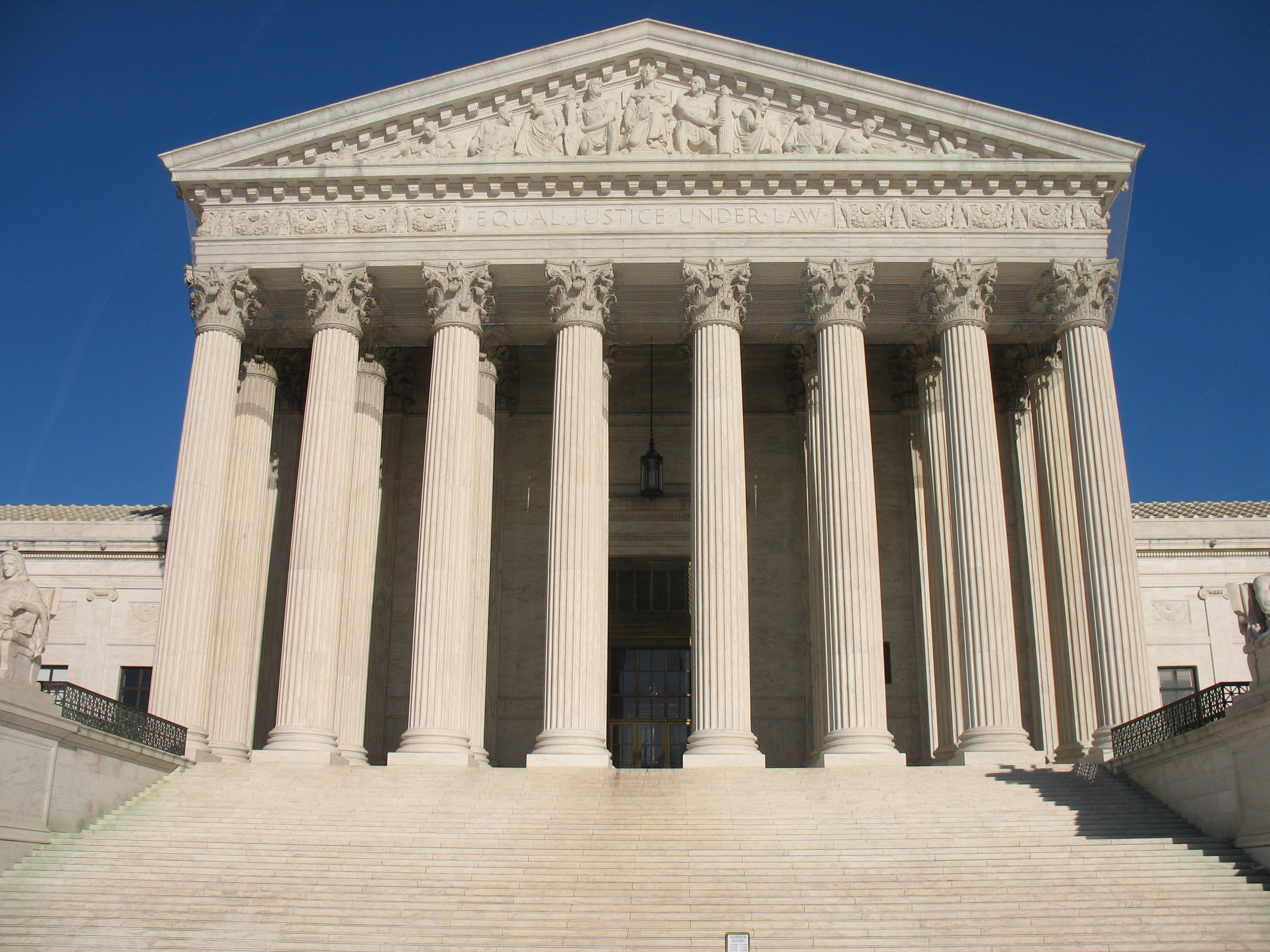
Supreme Court Upholds Arizona’s Right to Ensure Minority Representation
By Stephanie Mencimer
The Supreme Court upheld an Arizona redistricting commission’s right to draw legislative districts in a way that ensures minority representation, delivering a crushing rebuke on Wednesday to a group of Arizona tea party activists who’d sought to strike down the state’s redistricting maps in order to increase the voting power of rural white voters.
In Harris v. Arizona Independent Redistricting Commission, the plaintiffs were taking on Arizona’s Independent Election Commission, a body created through a 2000 ballot initiative intended to make redistricting less partisan.
To Read the Harris v. Arizona Independent Redistricting Commission case click here: U.S. Supreme Court
The commission produced its first legislative maps after the 2010 census. Its work came under fire almost immediately, primarily by Republicans. At one point, then-Gov. Jan Brewer (R) attempted to impeach the commission’s chair in what was seen as a power grab.
When that failed, in 2012, the Republican-led state legislature filed a lawsuit arguing that the ballot measure that created the commission was unconstitutional because it deprived the legislature of its redistricting power. The lawsuit went all the way to the US Supreme Court, which last June ruled 5-4 in the commission’s favor.
 In the current lawsuit, filed in 2014, the plaintiffs, all Republicans, argued that the commission diluted their voting power by packing more people into Republican districts while underpopulating Democratic ones.
In the current lawsuit, filed in 2014, the plaintiffs, all Republicans, argued that the commission diluted their voting power by packing more people into Republican districts while underpopulating Democratic ones.
They wanted the court to mandate that all district have almost exactly equal populations; the current ones vary by 4 to 8 percent.
The commission, in turn, responded that it drew the districts in such a way as to win approval from the Justice Department, in compliance with the Voting Rights Act.
Due to Arizona’s long history of suppressing minority voting, it was one of the jurisdictions required under the Voting Rights Act to clear any changes to legislative districts with the Justice Department before implementing them.
The Supreme Court gutted this requirement in Shelby County v. Holder in 2013, but it was in place when Arizona redrew its legislative maps.
If the Harris plaintiffs had been successful, the case could have opened the floodgates to lawsuits challenging how states around the country draw their legislative districts.
But in an opinion written by Justice Stephen Breyer, the court ruled unanimously that Arizona’s maps were indeed designed to comply with federal law in ensuring minority representation, and that the minor population deviations were acceptable.
It’s the second time this term the court has rejected challenges to state redistricting plans from tea party conservatives upset about the growing clout of Latino voters.
In Evenwel v. Abbott, decided earlier this month, a pair of Texas plaintiffs argued that states should create state legislative districts based on the number of eligible voters in them, as opposed to total population.
The move would have granted more power to rural, white areas that lean Republican over more populated urban areas that are home to large minority (and Democratic-leaning) populations. Earlier this month, the Supreme Court unanimously ruled against theEvenwel plaintiffs.
In 2012, Harris launched a recall petition against Sen. John McCain (R-Ariz.), largely because he was upset that McCain had come to the defense of Huma Abedin, one of Hillary Clinton’s closest aides, who conservative conspiracy theorists have alleged is a member of the Muslim Brotherhood.
At the time, Harris told theArizona Capital Times that Muslims should not be able to serve in government. “Have you ever read the Quran?” he said. “I suggest you do so, because anyone that is a Muslim is a threat to this country, and that’s a fact. There is no such thing as a moderate Muslim. If they are Muslim they have to follow the Quran. That’s their religion and that’s their doctrine.”
Several of his co-plaintiffs are members of a conservative group that backed the state’s widely condemned 2010 law authorizing police officers to stop people at will and demand proof of citizenship. One plaintiff, Karen MacKean, is a field director for Americans for Prosperity, the advocacy group founded by the Koch brothers.
The legal team representing Harris and his co-plaintiffs included conservative pundit Hugh Hewitt and Mark “Thor” Hearne, a conservative lawyer who led the Republican crusade against voter fraud. The financial backers of this legal effort, meanwhile, remain a mystery.
Some of the lawyers involved in the case also worked on behalf of Fair Trust, a secretive outfit that battled Arizona’s Independent Election Commission from the start as it drew the state’s legislative districts. Fair Trust was suspected of having ties to members of the state’s Republican congressional delegation.
“We could never find out who was paying for” the trust’s work, says Arizona lawyer Colin Campbell, who represented the commission. “I guess you could say it was dark money. We don’t know where it came from.”
Wednesday’s definitive decision should give the commission some temporary relief from the steady stream of litigation it’s seen over the past six years.
The decision is hardly a disaster for Republicans, either. Arizona is under Republican control, and it will almost certainly remain that way as long as the current legislative map—the one the court upheld on Wednesday—is in effect, until 2020. A small dose of protection for minority representation does not change that.

